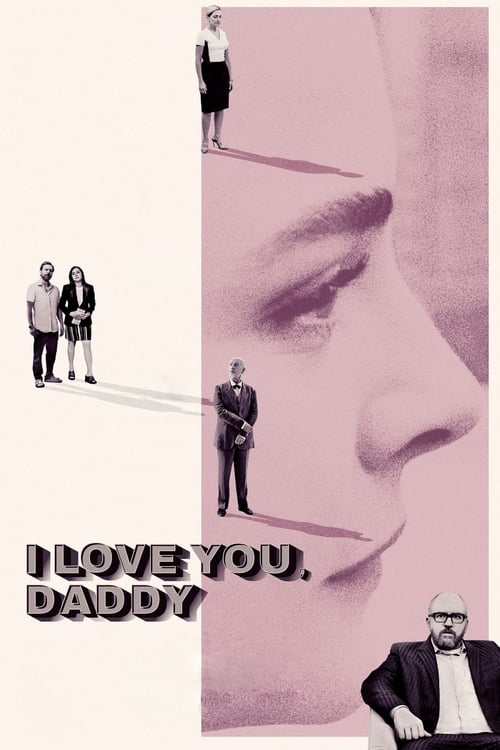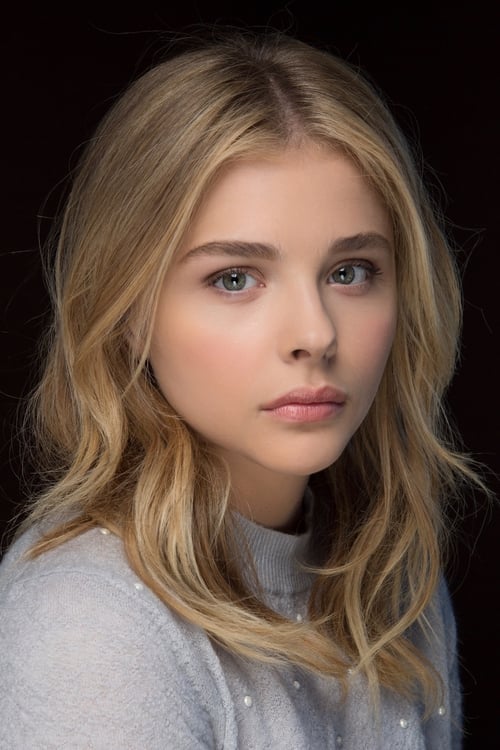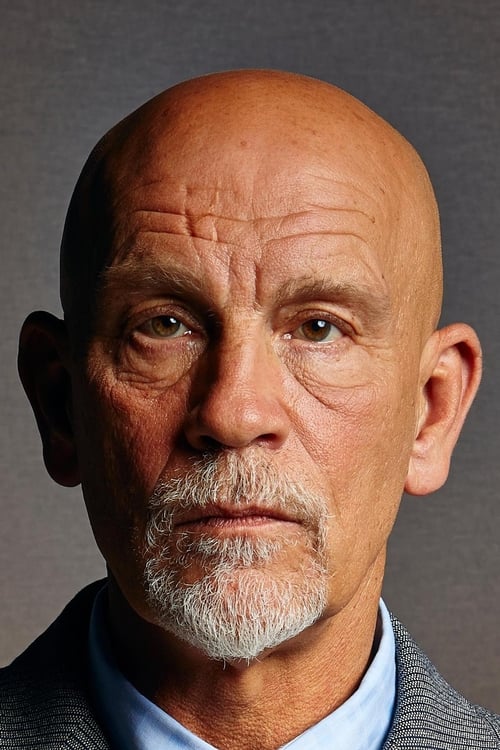I Love You, Daddy (2017)
Genre : Drama, Comedy
Runtime : 2H 3M
Director : Louis C.K.
Synopsis
When a successful television writer's daughter becomes the interest of an aging filmmaker with an appalling past, he becomes worried about how to handle the situation.

Living an indolent life in a luxurious palace, Prince Gautama (Rai) is insulated by his family from the harshness of the world outside. But he is destined to learn greater truths: shocked to discover the pain and suffering of so many in his kingdom, he abandons his privileged existence, and his wife Gopa (Seeta Devi), to become a wandering teacher, eventually finding enlightenment and founding Buddhism. Featuring superimposed images and deep-focus shots that were highly impressive for the time, Light of Asia astutely combines a deeply felt spirituality with the surefire attraction of Indian exotica, which helped make it a considerable success in Europe.

A brothel in a small Hungarian town becomes the home of a medical student after his favorite working girls find out he's out of rent money. Trouble brews as they learn his mother is coming for a visit and they must transform the house.

Inga, a 17 year-old, is sent to live with a scheming aunt who wants her to become mistress of her rich neighbour. She falls for a common young man instead.
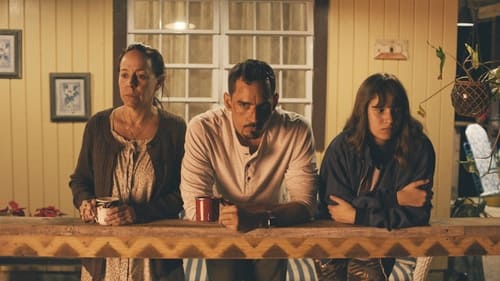
Teenager Carmín lives in a mountainous village in the center of Puerto Rico with her tough and conservative grandmother. Her mother left for the US without her. The arrival of her father, after long years in prison, eases Carmín’s profound sadness. The relationship with him, however, brings its own ambiguousness and complexities and as Carmín moves into womanhood this causes great confusion, mostly for her.

The Darkness of Day is a haunting meditation on suicide. It is comprised entirely of found 16mm footage that had been discarded. The sadness, the isolation, and the desire to escape are recorded on film in various contexts. Voice-over readings from the journal kept by a brother of the filmmaker’s friend who committed suicide in 1990 intermix with a range of compelling stories, from the poignant double suicide of an elderly American couple to a Japanese teenager who jumped into a volcano, spawning over a thousand imitations. While this is a serious exploration of a cultural taboo, its lyrical qualities invite the viewer to approach the subject with understanding and compassion.

A simple, religious Hungarian woodcutter lives with his wife and boy child with a small community of squatters among the peaceful mountains of Transylvania until a lumber company claims their land and forces them all to become company workers or else leave the land. This 1942 Hungarian film takes a detailed and unflinching look at the hardships of mountain living, and the realistic approach proved influential to the Neorealist movement in Italian cinema. Hungarian master director Istvan Szots won the Biennale Cup at the Venice Film Festival for his auspicious debut, but the film was banned by the Nazis as "too Catholic" and not publicly exhibited until after World War II.

The Hungarian Oh, Bloody Life reflects on the heavy emotional toll taken by the repressive Stalin regime. Dorotya Udvaros plays a young actress from a high-born family. The government bias against persons of wealth threatens to destroy her career before it begins. As a final blow, she is threatened with deportation. The exasperation inherent in the film's title is only the tip of the iceberg.

How does art survive in a time of oppression? During the Soviet rule artists who stay true to their vision are executed, sent to mental hospitals or Gulags. Their plight inspires young Igor Savitsky. He pretends to buy state-approved art but instead daringly rescues 40,000 forbidden fellow artist's works and creates a museum in the desert of Uzbekistan, far from the watchful eyes of the KGB. Though a penniless artist himself, he cajoles the cash to pay for the art from the same authorities who are banning it. Savitsky amasses an eclectic mix of Russian Avant-Garde art. But his greatest discovery is an unknown school of artists who settle in Uzbekistan after the Russian revolution of 1917, encountering a unique Islamic culture, as exotic to them as Tahiti was for Gauguin. They develop a startlingly original style, fusing European modernism with centuries-old Eastern traditions.

Santo battles a mad scientist reviving the dead

As the owner of a very famous bordello in Rio de Janeiro gets buried, an old scoundrel remembers his own past among the bohemian circles of the city.

An expedition is sent into the rugged Australian outback to search for a lost white woman.

A young photographer has fallen in love with his girlfriend's sister. Nobody knows quite what to do. A stylish variation on the problems of triolism made with striking stability of style and a great feeling for mise-en-scène.
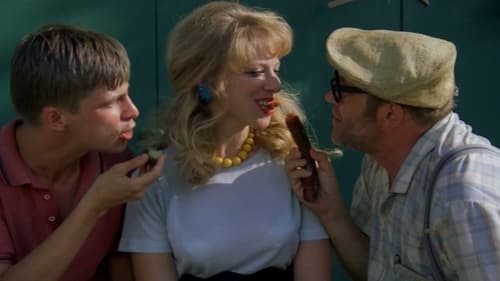
This story has a horse-race fan main character who sells clothes-hangers On one trip, a young, teenager boy relative goes with him. They have a lot of adventures as they become friends. Girls, dance and horse-racing are the themes while they sell the clothes-hangers this summer...

Inspired on the true events of the Portuguese king Don Pedro (14th Century) which unburied his mistress to make her queen after dead. This film tells the story of Pedro, a man admitted to a psychiatric hospital for traveling by car with the corpse of his beloved, recalling simultaneously three different lives: one from the past, another from nowadays and another one from an distopic future.
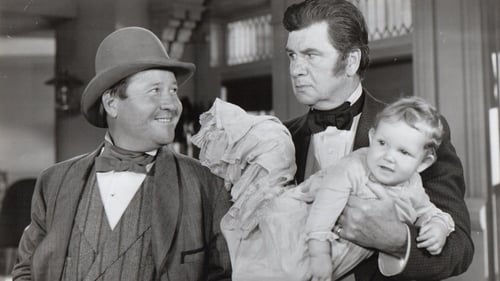
Jo March and her husband Professor Bhaer operate the Plumfield School for poor boys. When Dan, a tough street kid, comes to the school, he wins Jo's heart despite his hard edge, and she defends him when he is falsely accused. Dan's foster father, Major Burdle, is a swindler in cahoots with another crook called Willie the Fox. When the Plumfield School becomes in danger of foreclosure, the two con men cook up a scheme to save the home.

Charles Chauvel's first feature tells the story of a country girl, Dell Ferris (the Moth of Moonbi), drawn to the bright lights of the big city where her inheritance is soon frittered away with high society revelling. A wiser Dell returns to Moonbi Station where she is beset by the cattle rustler Jack Bronson, but finally finds peace and happiness with the faithful head stockman, Tom. Only part of the film survives to this day.

A wife, tired of her husband's non-stop carousing, sues him for divorce. The judge, however, comes up with a novel solution--he makes the husband take his wife's place in the household--including dressing like her--for 30 days to see what it's like to be his wife.

As if we were in a small town. An ordinary day in a kid’s life. An incredibly hot day. Here everything is unique. One gang. One game. One field. One girl. In the span of one day, how can this boy arrive at such a changing point in his life from which there is no return?
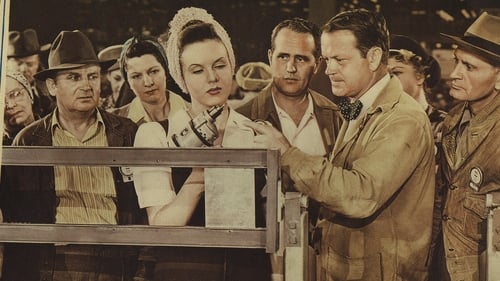
Deanna Durbin is all grown up in Hers to Hold, the unofficial sequel to her "Three Smart Girls" films of the 1930s. Durbin plays Penelope Craig, the starry-eyed daughter of wealthy Judson and Dorothy Craig (Charles Winninger, Nella Walker). Developing a crush on much-older playboy Bill Morley (Joseph Cotton), Penelope stops at nothing to land the elusive Morley as her husband. Highlights include Durbin's renditions of "Begin the Beguine" and the "Seguidilla" from Carmen, and a captivating sequence that includes highlights from Durbin's earlier films, presented as home movies!
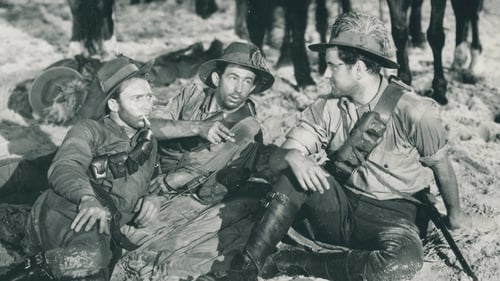
Charles Chauvel's 1940 cinematic tribute to the mounted troops of the Australian Light Horse regiments is a rousing call to arms, giving life to the heroic tales of mateship during the Great War.
